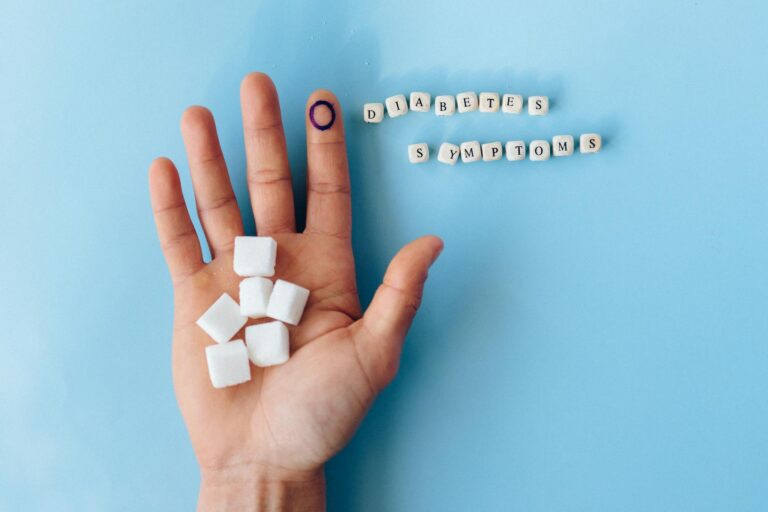Engaging in brain-boosting puzzles can be a powerful tool in maintaining cognitive health and potentially slowing down the progression of dementia. These activities not only provide mental stimulation but also offer a sense of accomplishment and enjoyment, which are crucial for individuals dealing with cognitive decline.
## The Impact of Puzzles on Cognitive Function
Research has shown that participating in brain-stimulating games can improve various cognitive abilities, such as memory, processing speed, and executive function. These games help keep the brain active and can potentially mitigate the impact of dementia, enhancing the quality of life for those affected.
Simple activities like playing card games, doing jigsaw puzzles, or solving word puzzles can lower the risk of Alzheimer’s disease. These activities not only keep the brain active but also facilitate social interaction, which is essential for cognitive stimulation and emotional well-being.
## Types of Brain-Boosting Puzzles
### Word Puzzles and Activities
Word games and puzzles play a crucial role in stimulating cognitive abilities such as language, memory, problem-solving, and reasoning. Crossword puzzles, word searches, and word association games are examples of word puzzles that can be enjoyable and beneficial for dementia patients. These activities help create new brain neurons, which may slow the decline of cognition and memory associated with dementia.
### Jigsaw Puzzles
Jigsaw puzzles are an excellent choice for dementia patients as they require remembering small details and utilizing visual-spatial reasoning skills. Completing a jigsaw puzzle can evoke feelings of accomplishment and boost self-esteem. Research indicates that working on jigsaw puzzles can improve memory, problem-solving abilities, and help prevent cognitive decline among older adults.
### Card and Dice Games
Card and dice games are popular choices due to their simplicity and social nature. Games like Uno, Go Fish, and Bingo can be enjoyable and mentally stimulating activities for individuals with dementia. These games help maintain cognitive function, enhance social interaction, and provide entertainment.
## Incorporating Puzzles into Daily Routine
Incorporating a variety of brain-boosting puzzles into the daily routine of dementia patients can significantly contribute to their cognitive stimulation, mental well-being, and quality of life. It is essential to tailor game choices to the individual’s preferences and abilities, ensuring they are safe and enjoyable.
By engaging in these activities, caregivers and family members can create enriching and meaningful experiences for dementia patients, promoting mental engagement and social interaction. While brain games alone may not prevent dementia, they are part of a broader strategy that includes physical activity, social engagement, and cognitive stimulation to support overall brain health.





